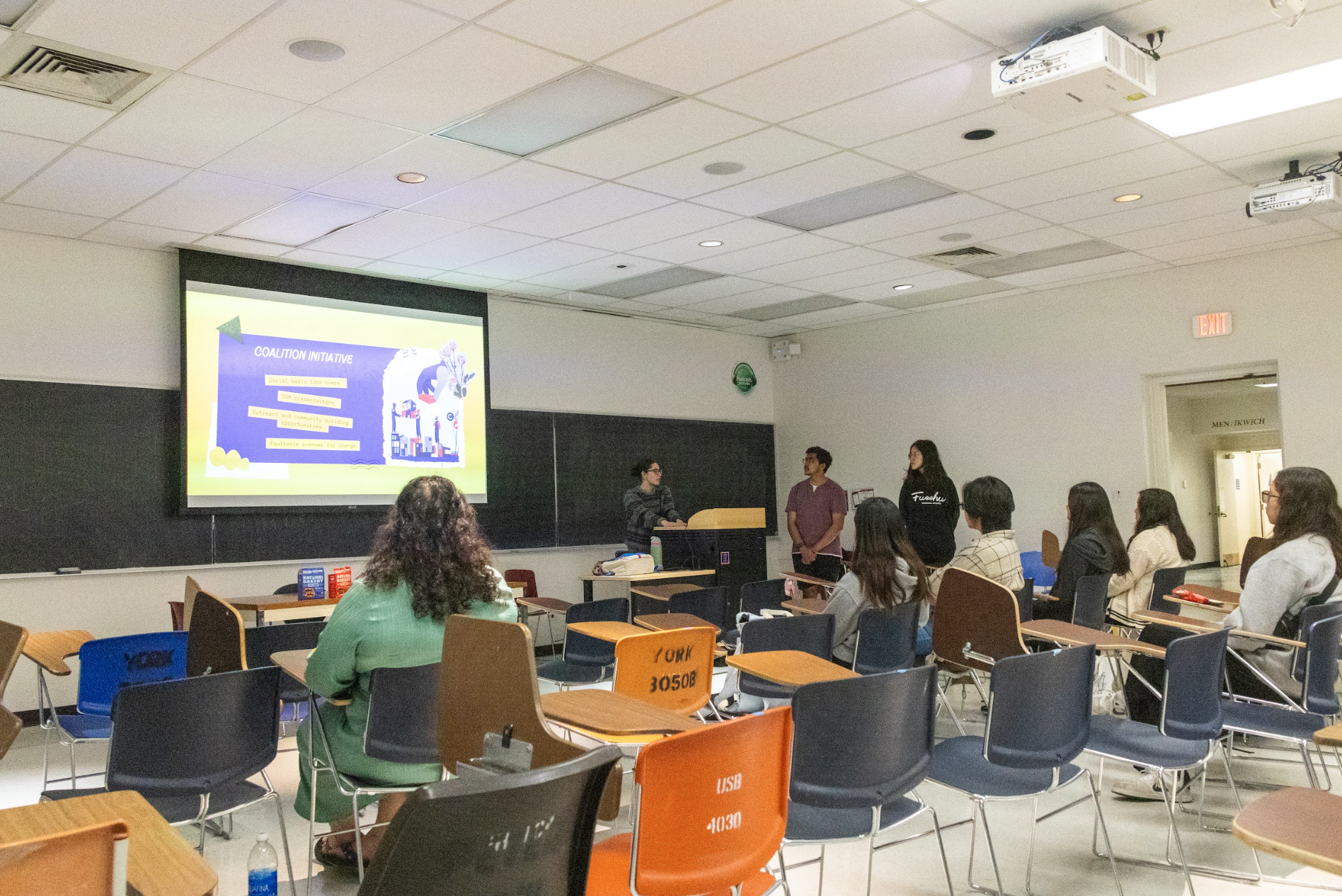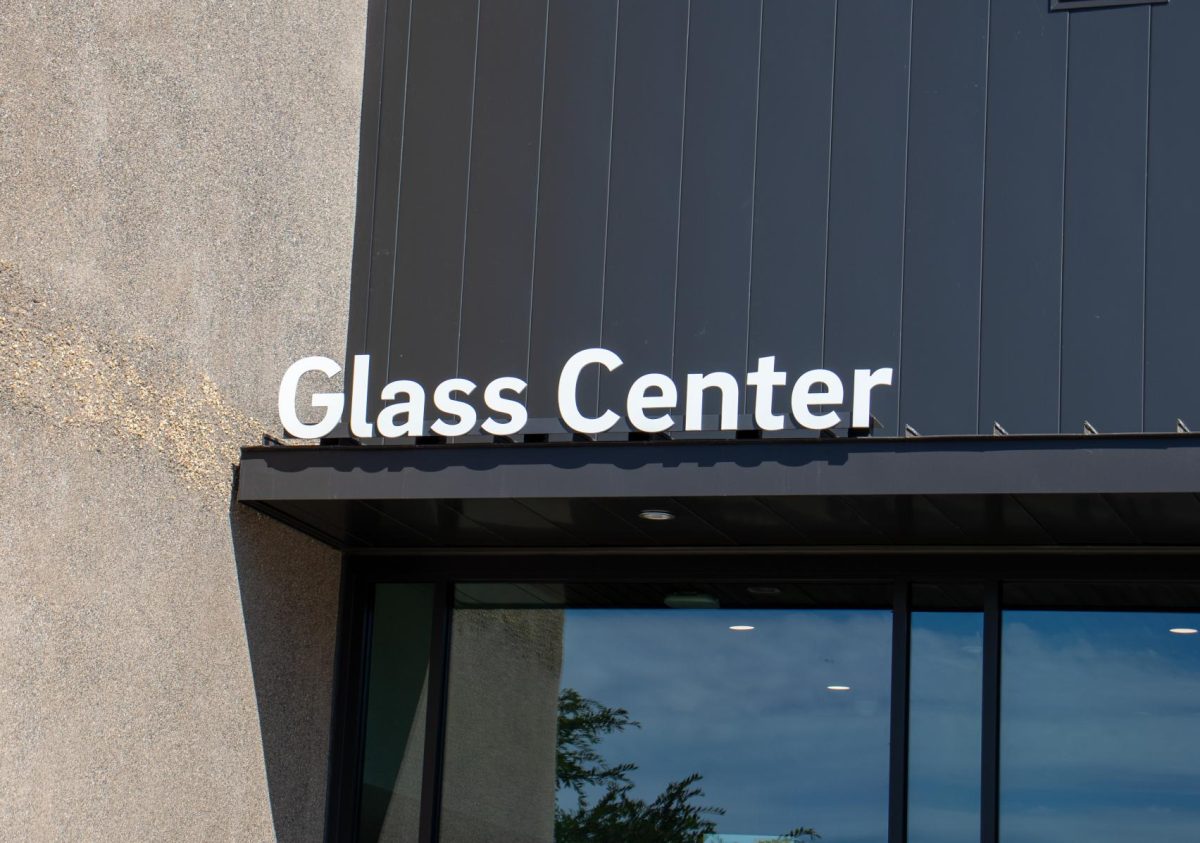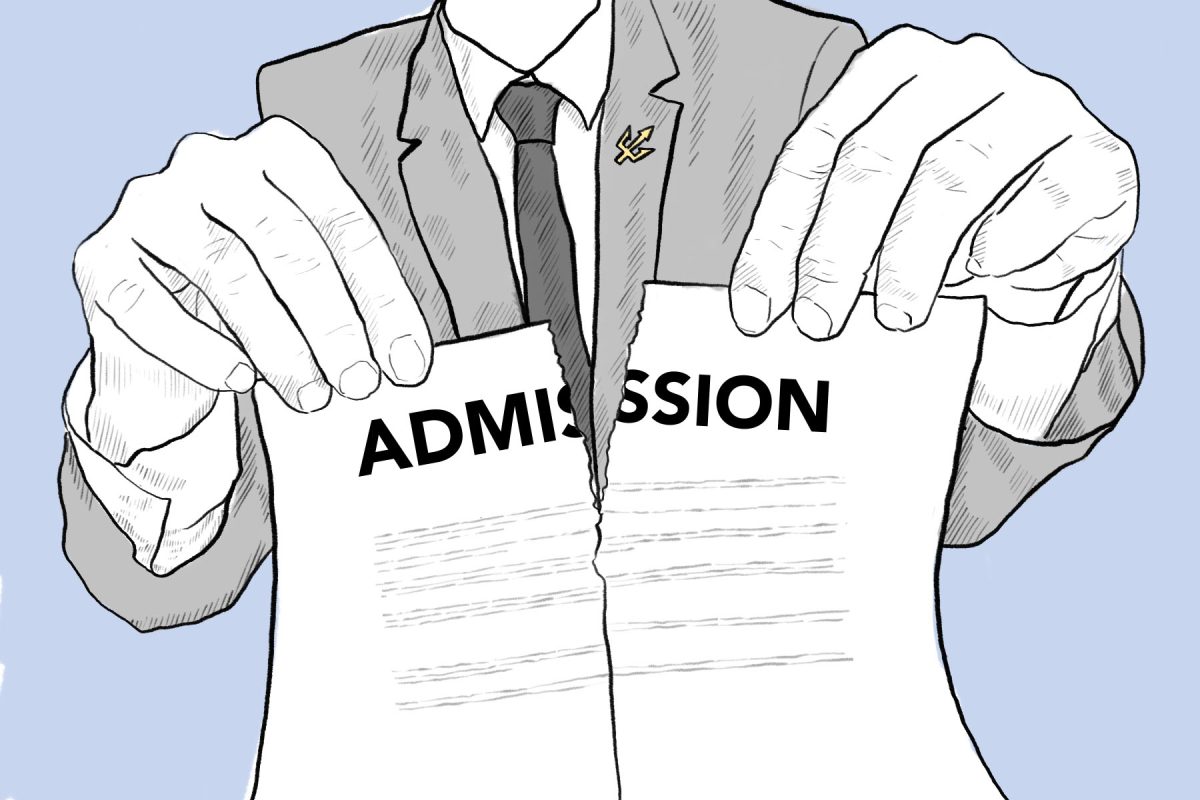In the fall of 2023, when a group of UC San Diego sociology students realized they wanted more from their college experience, they took matters into their own hands. The Sociology Community was born. Run by a panel of students, each assigned to take on particular responsibilities, the club is working to redefine and meet the needs of UCSD sociology students, who often feel overlooked in UCSD’s STEM-heavy culture.
Amber Fig, one of the principal members of the club and appointed outreach director, effectively functions as a liaison between the club and the sociology department. A sociology major in Thurgood Marshall College, Fig has always seen the smaller, less established social sciences community at UCSD as a chance to connect on a deeper level.
During Spring Quarter of the 2022-23 school year, Fig and other sociology majors brainstormed ideas that might enable those deeper connections. They’ve continued to define their vision for the club throughout the current year.
Fig had seen that there was a National Honors Society for sociology students but felt that its strict requirements and prerequisites made it inaccessible and likely undesirable to many students.
“I felt like it wasn’t really an equitable way to create community on campus,” Fig explained.
Alongside the Honors Society, other sociology clubs and organizations have existed throughout UCSD history, but none have stuck around for long. Fig is hoping that the Sociology Community will have a lasting presence and impact for years to come, creating a new space where students are welcome to share, discuss, and learn from each other.
It was important to Fig and her peers that the club not have a traditional authoritative structure, that all panel members and even student members have a say in how the club is operated and organized.
“We wanted to emphasize that there isn’t just one formal leader or one formal person’s job,” Fig said.
With five official members, the team is prepared to take on each distinct element of running an organization. Panel member responsibilities include marketing, student or staff outreach, and administrative tasks.
Michel Estefan, a professor in the sociology department and staff coordinator for the club, speculated that transition periods are difficult in the maintenance and upkeep of organizations like a sociology club, which may have less structure or leadership personnel than other groups. As a mentor, he hopes to guide the club through future transitions and maintain a successful network of club members and resources.
Fig hopes that this network will create an equitable space that elevates and centers the study of sociology on campus. She said that she has always been appreciative of the interdisciplinary nature of sociology; it is applicable to anything from medical to legal to environmental sectors. Already aware of its place and value in other spaces, the panel wanted to create a space for sociology to stand on its own.
Estefan emphasized the importance of community at a big institution like UCSD.
“With a 30,000+ student population, you’ll always feel like it’s a big city of anonymous people, you have to connect with people that are like minded, people that share your interests,” he said.
Beyond its value for community building, Fig and Estefan both recognize the distinct importance of community and resource building for the social sciences, as compared to some other fields. Fields like engineering often have longer traditions of organizing at UCSD, with job fairs, social events, and other spaces for growth and community already embedded in the campus.
“[In the social sciences], we’re in a situation where students enjoy what they’re learning, they know there’s value to what they’re learning, but then you have the task of figuring out how you’re going to leverage that for the next stage of your life,” Estefan explained.
The freedom and variety that accompanies a field like sociology can be both a blessing and a curse.
“I feel like in [sociology], we always talk about all the problems and all the issues, and all the science behind it and all the literature, and then we’re like, well now what? So I think having a place where we make tangible action based on whatever you desire would be nice,” Fig said.
Though it can be difficult to establish these tangible pathways within the social sciences, UCSD students and staff are already making change in this respect.
“This is a campus that has already grown beyond its original design,” Estefan said.
“I think that [social sciences] weren’t valued historically, but that their necessity is coming into light,” Fig added. With a clear vision in mind, the Sociology Community is taking steps towards creating a framework for on-campus resources and connections for sociology students.
As a department-affiliated club, the sociology community works alongside sociology administration to brainstorm, fund, and execute events and collaborations. The club is looking into the possibility of getting into the weekly department announcement emails, hosting more guest lectures, and even developing its own weekly newsletter.
One Valentine’s Day-themed event featured chocolate, flowers, and a guest lecture from sociology professor Kevin Lewis, who teaches a course on the sociology of love. Fig was both surprised and grateful to see how many students attended the event.
“I was like, nobody wants to come to a guest lecturer at 8 p.m. and do more school when they just had school. But people came, and it was really sweet,” she said.
Estefan and Fig see the club as an opportunity to combine many facets of the major. Ideally, students will be able to network, build solidarity, and find new opportunities to get involved both at UCSD and in their future careers.
“There are many [resources] already, but it’s easy to go for years and not learn about them. My hope is that the club is a space where these things are brought to your attention,” Estefan said.
In an upcoming meeting, Fig plans to introduce the honors thesis process for sociology students. During each meeting, the club will talk about any upcoming events or professional opportunities, partake in communal activities, and ask audiences their input on what should come next.
“I’m really hoping that I can get other orgs to come speak about their initiatives on campus,” she said. Fig would like to see the Sociology Community as a space for organizations to represent themselves and connect with people in the major, giving everyone involved the chance to discover new career pathways and interests.
Another event in the works is an opportunity for students working on an honors thesis to come in and present their work to students. Prospective thesis candidates could learn about methods and topics while presenters could gain valuable experience sharing their work.
Estefan is excited that students have taken the initiative to create a space where they can learn and grow.
“This is what you do when you feel lost in a sea of people, connect with those that you have shared interests with, make a place like this feel a little bit smaller,” he said. He urges sociology faculty to help students promote the club, which would be beneficial to individual students and the welcomingness of the department as a whole.
Estefan sees his students as incredible, and said that he is excited to see where they take the club.
“When I hear students’ stories, why students are in sociology and what they hope to get out of it, they are all meaningful … It’s never pure ambition,” he said.
Fig hopes the club gives herself and her peers new ways to channel their love of sociology.
“I really just enjoy the idea that everyone is a community and that we all are here interconnectedly working with one another, whether we like it or not,” she said. “I wish everyone felt such peace and contentment with their major. I got a tattoo for my major.”
“You’re self-selecting into a field that by its very nature is trying to expand your understanding of the world in meaningful ways, complicating things, breaking stigmas, with strong commitments to social justice, equity, inclusion, increasingly diverse ways of letting people express themselves,” Estefan added.
While the club is still young, Estefan and Fig have high hopes for its future. Fig hopes to share her love of sociology both with those in the department and outside.
“Sociology can get me to where I wanna go when I graduate. The more I was a part of it, the more I fell in love with what it had to offer,” she said. With the freedom to explore countless topics in as much or as little depth as she wants, Fig feels free to shape her education and wants to help others do the same.
Fig and Estefan are excited to see where the Sociology Community ends up, and to them, it feels like the possibilities are endless.








